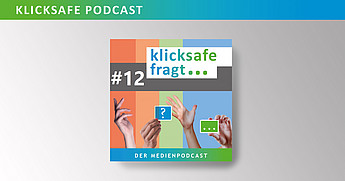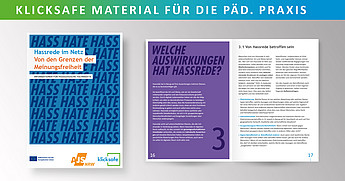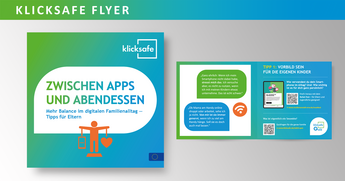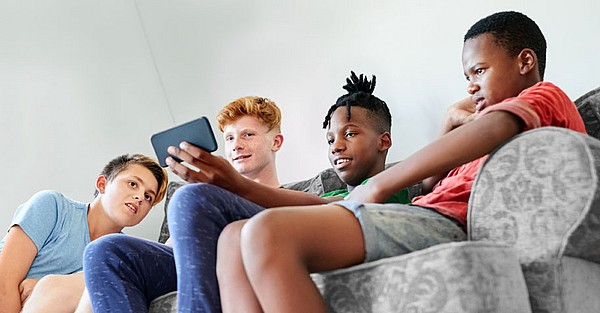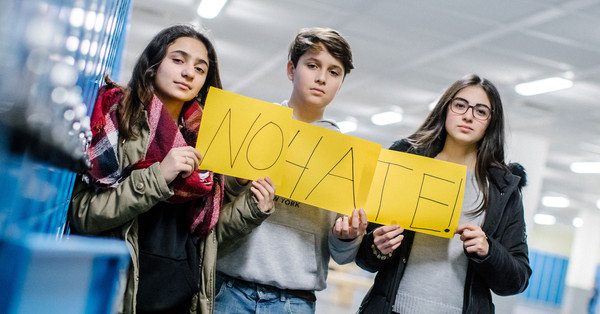#FactProtect is important because with facts we understand, learn and know more and can better classify. A life with facts is worthwhile - committed to the truth.
Dr. Marc Jan Eumann, Director of the Media Authority Rhineland-Palatinate for Safer Internet Day 2021 - Motto #FactProtect We must not leave children alone with their online experiences. Actively accompany the media use of children and young people. Regularly ask them about current trends and challenges or which channels and influencers they follow. At klicksafe you will find suitable information, tips and conversation starters.
Deborah Woldemichael, Head of the EU initiative klicksafe on supporting children and young people in their use of media Many young people have already seen porn but have never held hands. Premature porn consumption can lead to young people feeling insecure or having unrealistic ideas about sexuality.
Stefanie Rack, Media educator at klicksafe on the subject of pornography If every person has his own facts and constructs his own reality, then it is no longer possible to communicate about problems in a society and search for common solutions.
Petra Grimm, Head of the Institute for Digital Ethics to the klicksafe material "Forming Opinions in the Digital World Addiction develops in the brain's reward system, so it doesn't matter whether you smoke cigarettes, drink alcohol, play computer games excessively or use social media. Often, addiction develops quite unnoticed. The good news is that computer game addiction is easily treatable!
Dr. Klaus Wölfling, Leiter der Ambulanz für Spielsucht der Psychosomatischen Klinik der Universitätsmedizin Mainz about gambling addiction We cannot prevent children and young people from coming into contact with pornographic content. But we can change whether this is the first information they receive on the subject of sexuality and whether they have a framework for classifying it.
Magdalena Heinzl, Clinical sexologist, sex, trauma & theater educator about pornography on the net
27
klicksafe is part of the network of Safer Internet Centers (INSAFE). INSAFE campaigns for a safe Internet for children in 27 European countries 255
255 events took place across Germany for Safer Internet Day 2024. klicksafe has been coordinating the day of action in Germany since 2004. Under the motto "Together for a better Internet", many institutions and organizations are committed to improving safety on the Internet 20,000
The monthly klicksafe newsletter now has over 20,000 subscribers.

